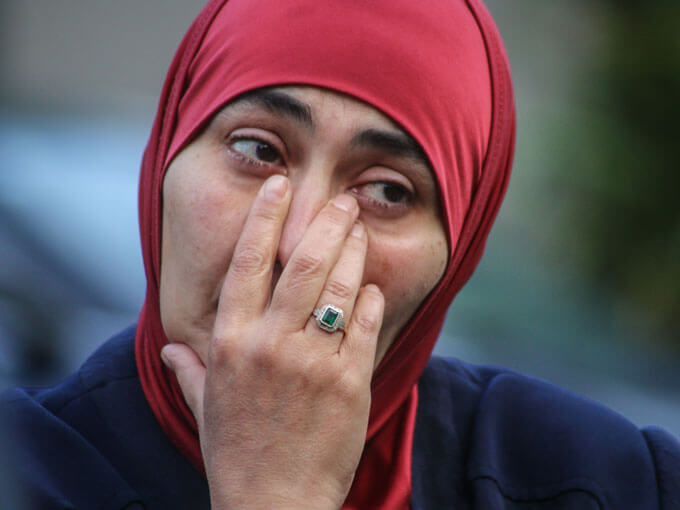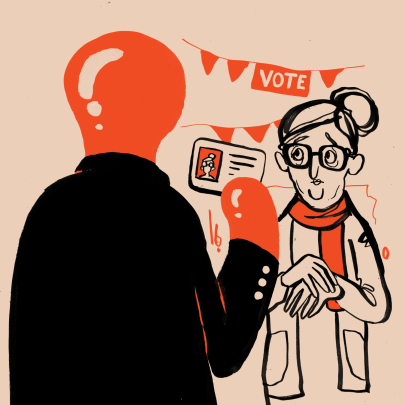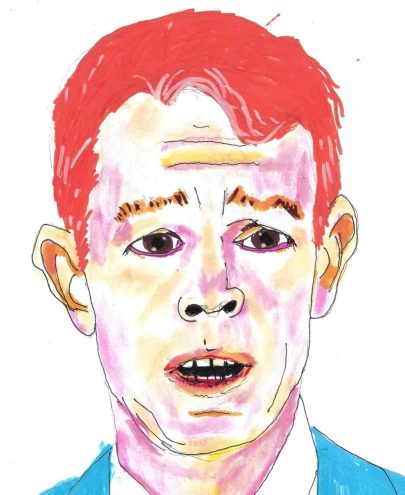Apr 6, 2019 Politics
Hela Rahman, an Auckland University of Technology law student and Kiwi-Iraqi Muslim migrant, reflects on the Christchurch mosque shootings three weeks on, warning that we need to acknowledge the complexity of Muslim identities and reactions as the community processes its grief.
Three weeks ago, it was just another Friday. Until it wasn’t. Many of us did not sleep that Friday night and it has been three weeks filled with sleepless nights since. Fifty lives taken. Fifty graves filled. It has been a time of mourning, of community and of strength in the face of devastation. I have sat and listened to one of my closest friends tell me how her husband, one of the survivors, has hardly said a thing since that day. I heard countless stories from many of my friends who went down to help with the burials. People I love who helped bury their childhood friends and family.
My family immigrated to New Zealand in 1995 so while I am Iraqi and Muslim I am also Kiwi. Identities are complex and layered. When I first realised “they are us” was becoming a defining commentary after the attack I felt genuine unease. I understood and appreciated it was in support of the Muslim community and a show of well-meaning unity and inclusion, but the mere fact there is a “they” and an “us” highlights the problem itself. For many of us we live our lives as if we are already part of the “us”. This language and framing is a reminder that no matter how much we already think we are part of the us, we are still a “they”, we are still different.
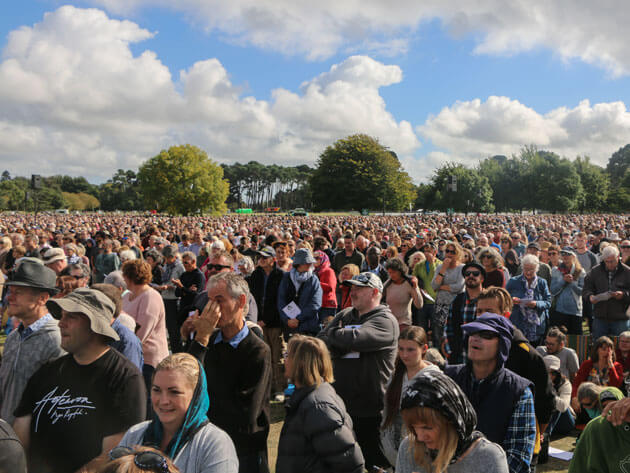
Growing up around terrorist and bomb in your bag jokes was just part of a normal teenage experience in Auckland. For me, anyway. I have to stop and remember for most people it’s not. This othering, of seeing Muslims as different outsiders, along with public media vilification of Muslims, deepens the divide and harbours extreme hate fuelled by white supremacy. This casual racism underpins larger acts of violence and must be called out, as it historically hasn’t been by most New Zealanders. And yet.The response from the New Zealand public has been incredible. I never thought I would hear the call to prayer on the radio, broadcast live at a national level.
It’s an uneasy feeling being happy that Islam is finally portrayed in a positive light in the media. It has been a show of unity and support. Why did we have to lose so many lives for that to happen?
Within 24 hours of the attack, the Muslim community started coming out and praising New Zealand, highlighting that it is a peaceful country which they will continue to love. As the days went on that message was reinforced, even from the families of those who just buried their loved ones. Constantly thanking New Zealand for coming together and standing with them. Being so calm, collected and understanding. It appears New Zealand did not expect the Muslim community to react this way.
This dark time turned out to be an unexpected opportunity for the Muslim community to show New Zealanders what we are all about. At the heart of Islamic teaching is forgiveness. Farid Ahmed, the man who lost his wife while she tried to save him, publicly forgave the shooter. He explained that Islamic teachings tell us that God loves those who control their anger and pardon their fellow humans and therefore without showing mercy and forgiveness he cannot be a true follower of Islam. He chose love and peace over hate in his heart along with many others in the community. No one demanded justice or for the shooter to be locked up. This says a lot about a community which is often vilified for being violent and extreme. But faith does not tell the whole story.
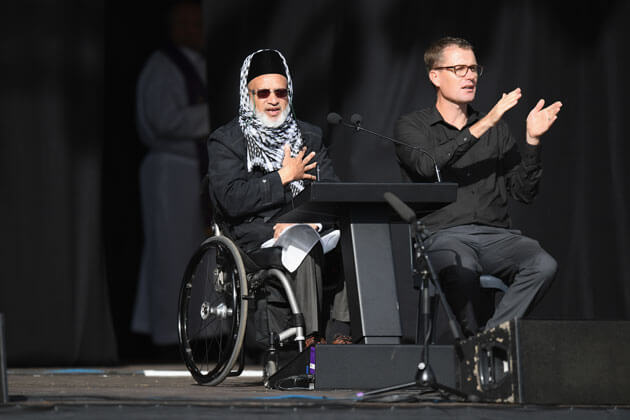
The Crusaders chief executive Colin Masbridge, in discussing that team’s rebranding following Christchurch terror attack, said that it was obvious Muslims did not want to be involved in the process after some early discussion, and that they are too polite to say what they feel.
This beautifully captures the deep fear that the Muslim community has, and has had, for years. Muslims are not necessarily too polite to voice their opinions; they are simply scared. In this case they fear any backlash or possible repercussions if they were to publicly support the Crusaders rebranding. While it is nice to point out the qualities of kindness, forgiveness and a polite community, the reality is that the Muslim community are very careful to not rock the boat.
Apart from the fear of hate or violence there is also the worry amongst Muslims that they might come across as ungrateful to be in New Zealand if they speak up. This fear is a form of internalised racism, expressed externally as a constant performance of praise and being grateful.
While of course there is genuine gratitude for this beautiful place we call home, in the same breath there is also a deep fear of being written off as an “ungrateful refugee” or “ungrateful immigrant”. While Muslims are incredibly grateful to be in New Zealand, they should also be proud to be valuable members of this society with valid opinions they do not fear to voice. Is this not the pinnacle of citizenship? At what point does citizenship mean full social inclusion and the right to be critical rather than having to always be grateful?
Not all Muslims are afraid to speak out. In the wake of the attacks, a website has been launched where people can report and log Islamaphobic attacks, and Muslims are finding the courage to use it. But we have learned that many of those who did voice concerns beforehand to the Government, over many years, were not listened to. I am usually someone who is quite outspoken, but these last three weeks I have quietly observed, as frankly I did not have the words.
Photography: Getty
Follow Metro on Twitter, Facebook, Instagram and sign up to the? weekly email

